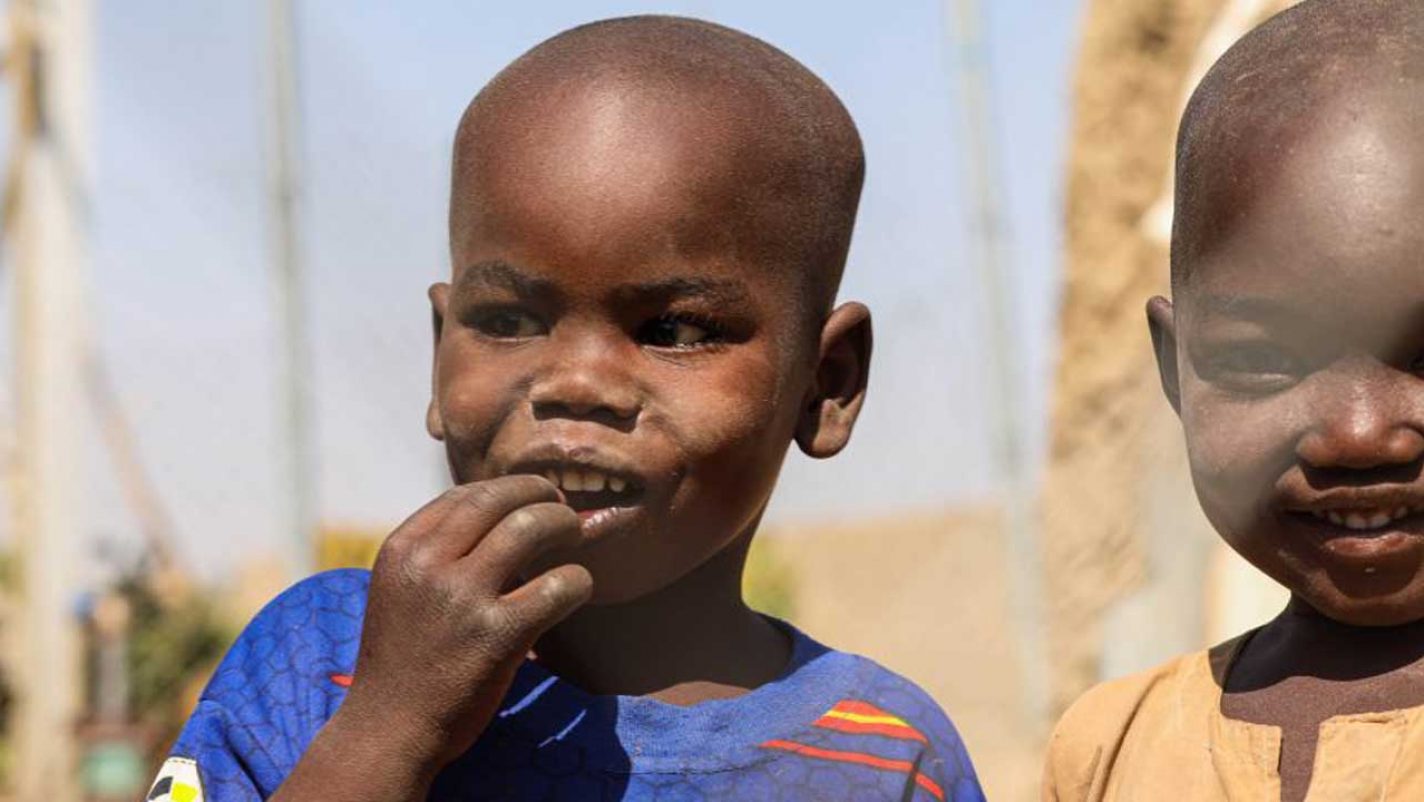In the ever-evolving landscape of our society, we have witnessed a concerning trend: the neglect of the boy child’s education. While the importance of girl child education has rightfully been emphasised, the imbalance in the attention and resources allocated to the two genders has created a concerning situation that demands immediate attention.
The reality is that even after investing significant time, energy, and resources into building a strong future for the girl child, the societal structure often relegates her to a subordinate position under the leadership of the male child in marriage. This dynamic undermines the efforts made to empower the girl child and highlights the need for a more holistic approach to gender equality.
The world is progressing rapidly, and we must adapt to the changing times. The concept of equality, rather than equity, has become paramount as we strive to navigate the unprecedented advancements of modernity. In the divine laws of almost all religions, men are often designated as the leaders and protectors of women, while females are tasked with the noble role of nurturing life. This relationship and the distinct roles of both genders can be likened to the interdependence of the head and the neck – both crucial for survival, yet with unique and shared functions.
However, the overemphasis on girl child education and the neglect of the boy child’s education has created a state of confusion in our society. Educating the boy child is a crucial component in shaping the lives and the future of not only the individual but also the society at large.
The neglect of the boy child’s education has far-reaching consequences that cannot be ignored. Firstly, it perpetuates the existing power dynamics, where the male child is still expected to assume a position of authority and leadership, but without the necessary education and skills to navigate this role effectively. This can lead to a cycle of patriarchal dominance, where the boy child is not equipped with the tools to foster a more equitable and inclusive society.
Secondly, the neglect of the boy child’s education can contribute to the widening of the gender gap, further exacerbating the societal imbalance. When one gender is prioritized over the other, it creates a disconnect and a sense of resentment, which can manifest in various forms of social and interpersonal conflicts.
Moreover, the neglect of the boy child’s education can have a detrimental impact on the overall development of the society. The boy child, who is often perceived as the future leader and decision-maker, plays a crucial role in shaping the trajectory of the community. If their education is overlooked, it can lead to a lack of empathy, critical thinking, and problem-solving skills, ultimately hindering the progress and prosperity of the nation.
To address this pressing issue, a multi-pronged approach is necessary. Firstly, there must be a concerted effort to raise awareness about the importance of educating both the boy and girl child equally. This can be achieved through comprehensive public campaigns, educational reforms, and the active involvement of community leaders and policymakers.
Secondly, educational institutions must implement gender-inclusive policies and practices that ensure equal access to resources, opportunities, and support for both male and female students. This includes addressing the biases and stereotypes that may be perpetuated within the educational system and providing comprehensive training for teachers and administrators to foster a more inclusive and nurturing environment.
Thirdly, there must be a shift in societal attitudes and cultural norms that often prioritize the boy child’s education over the girl child’s. This requires a collaborative effort involving families, communities, and media outlets to challenge and dismantle the deeply ingrained patriarchal mindsets that have contributed to the neglect of the boy child’s education.
Matori Zainab Salisu, CEO Matori Empowerment and Educational Support Foundation

 Join Daily Trust WhatsApp Community For Quick Access To News and Happenings Around You.
Join Daily Trust WhatsApp Community For Quick Access To News and Happenings Around You.


